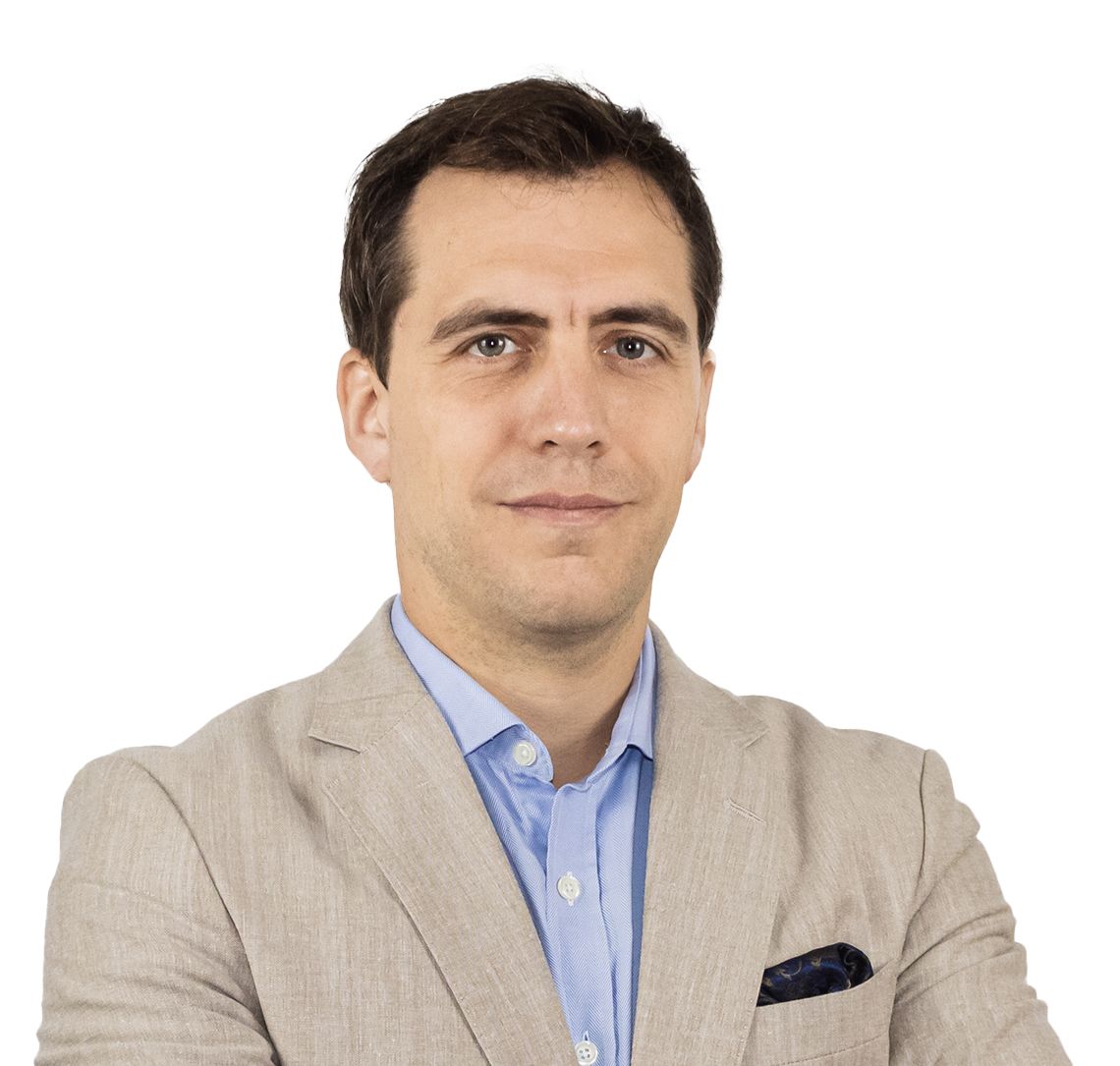GEMExpert – Occupational Health: Independent healthcare workers are not doing well

Excessive working hours, chronic fatigue, burnout, administrative overload, assaults… Independent healthcare professionals are struggling, according to a survey conducted by Doctolib and the Healthcare Professionals Support Association (SPS) in collaboration with Grenoble Ecole de Management. Fortunately, the majority still feel strongly committed to their vocation. A white paper presenting these findings has just been published.
Interview with Olivier Arsène, lecturer and health research lead at the Digital Organizations & Society (DOS) Chair at Grenoble Ecole de Management (GEM).
 Why did you focus this survey on independent healthcare professionals?
Why did you focus this survey on independent healthcare professionals?
Olivier Arsène: They represent one-third of healthcare professionals in France, yet their working conditions are far less documented than those of hospital staff. At the same time, their workload is increasing: when rural maternity wards or small hospitals close, patients turn to them. We wanted to better understand their situation and mindset.
Download the white paper in French: Soignants libéraux: préserver la vocation combattre l’épuisement
Doctolib and SPS already collaborate with these professionals. What was GEM’s role?
O.A.: First, to provide a rigorous research methodology and academically grounded concepts (burnout, assaults, overload, etc.). Second, to host the data, anonymize and process it, and ensure confidentiality—1,550 participants were sharing personal and sensitive information. Lastly, the role of the DOS Chair is to conduct applied research with field practitioners and examine, among other things, the challenges of healthcare system transformation.
What were the most striking results?
O.A.: The overwhelming stress and exhaustion experienced by independent healthcare professionals. 63% say they feel “worn out” by the end of the day, 83% cannot maintain a private life, 39% show severe burnout levels related to their work, and 41% have faced at least one verbal assault or threat in the past two years. That’s not to mention the administrative burden or incomes they deem inadequate.
Despite that, are healthcare professionals demotivated?
O.A.: No, and that’s the paradox of this survey. Despite these working conditions, 60% say their vocation remains intact. They are suffering, they’re calling for government support, but they’re holding on. For how much longer? If patients only see overworked and unhealthy doctors, what will that mean for the therapeutic relationship, quality of care, and credibility of public health messages?
In other words, caregivers’ health is everyone’s concern?
O.A.: Exactly. In fact, the white paper from the survey includes commitments from Doctolib and SPS to better support them. For example, Doctolib will train field staff to detect early signs of burnout, and SPS will work with the Ministry of Health and regional health agencies (ARS) to ensure that caregiver well-being becomes a public health priority.
Why hadn’t healthcare professionals themselves addressed this issue earlier?
O.A.: It was a taboo. Professionals didn’t want to tarnish the image of the field. A caregiver “owed” themselves to their patients, and students were taught that this profession was a calling. Today, people are beginning to speak out, thankfully—because the need is urgent.
The Publication
Doctolib, Healthcare Professionals Support Association (Association SPS), Grenoble Ecole de Management: “Soignants libéraux : préserver la vocation, combattre l’épuisement. Etat des lieux, témoignages, recommandations“. July 2025.
Bio Snapshot
Olivier Arsène is a lecturer-researcher in the “Information Systems for Society” research team, co-director of the Digital Management and Information Systems Master’s (1st year), and co-holder of the Digital Organizations and Society Chair at Grenoble Ecole de Management. His research focuses on how digital technologies affect healthcare professionals’ practices, their workplace well-being, and the quality of care delivered to patients. He is also interested in trust in digitally mediated systems and in the technologies themselves.
Related GEM Programs

▶Master in Digital Management and Information System
▶Master in Management (Grande Ecole Program)
2026 update: the Digital Organizations and Society Chair ended its cyle in 2025. The funded research project Digital technologies in healthcare lead by Olivier Arsene takes over.

